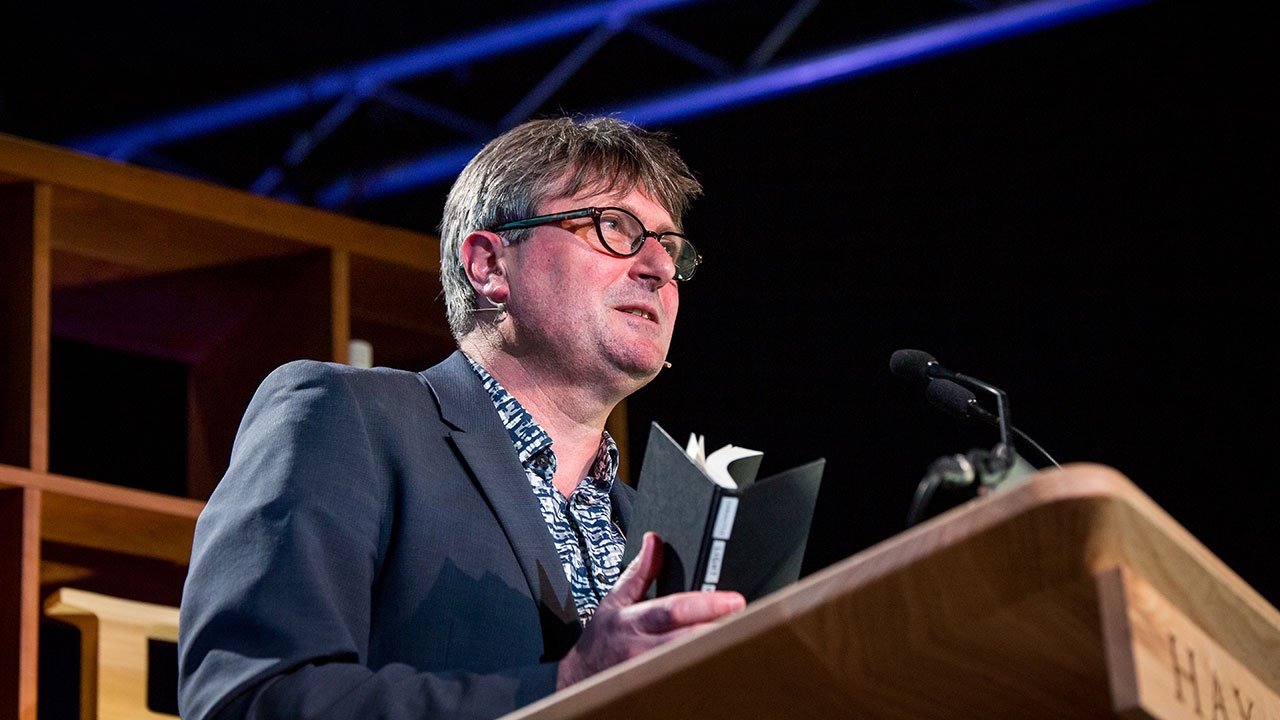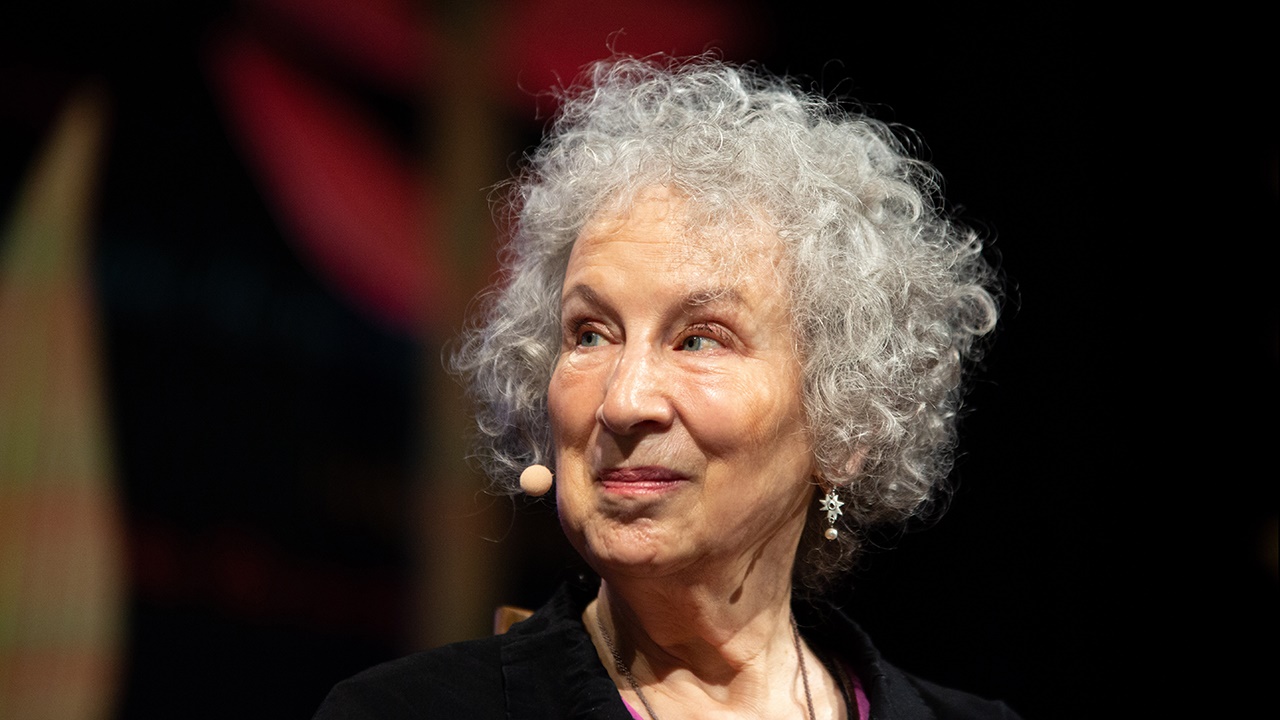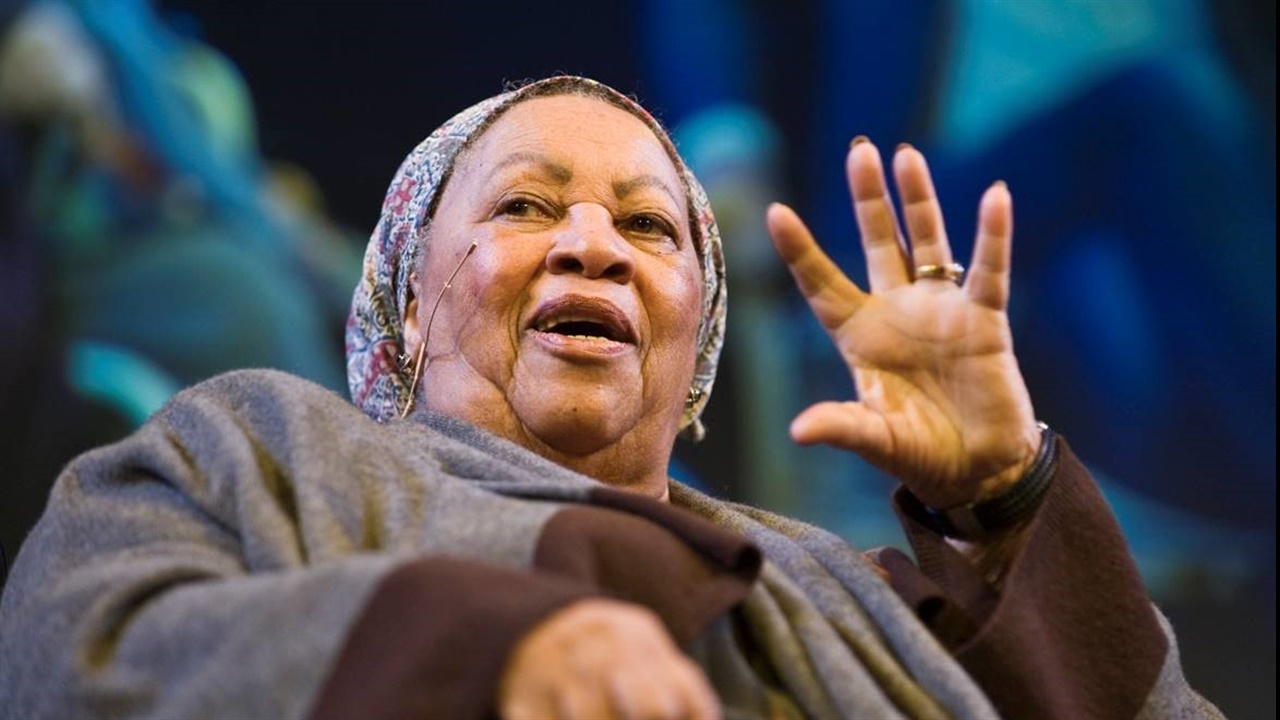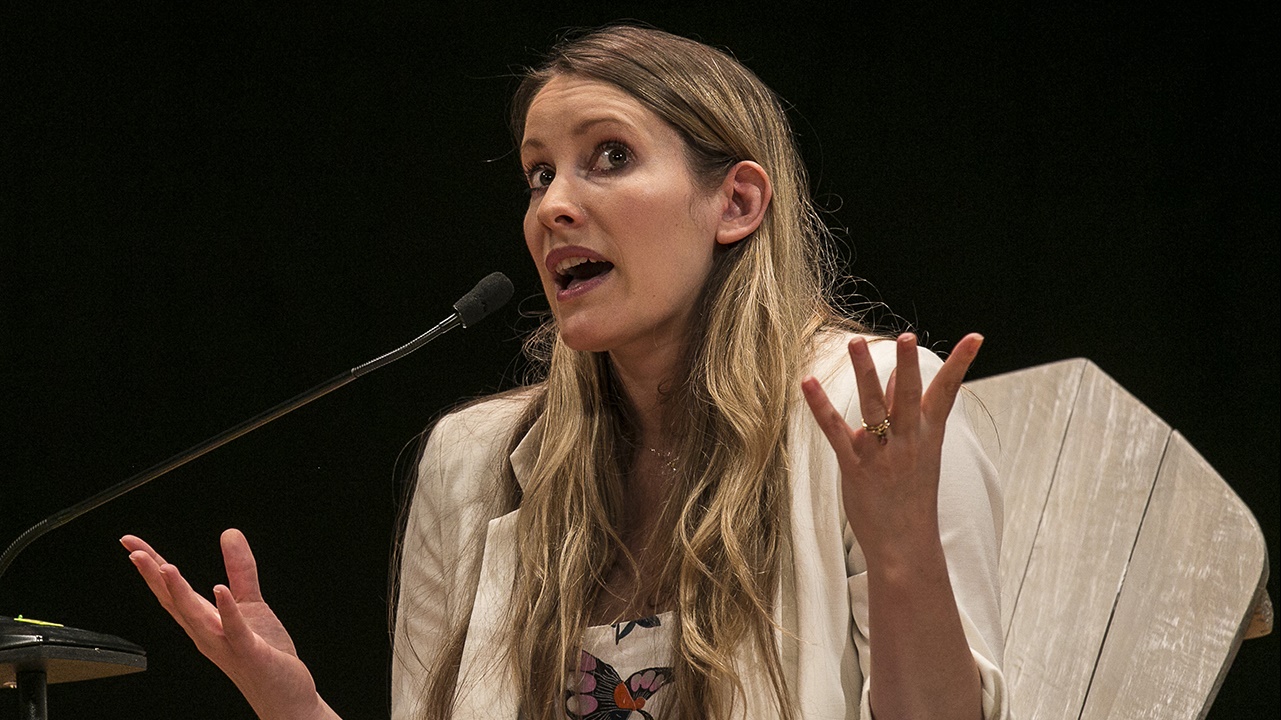Hay Festival and the University of Birmingham
Hay Festival and the University of Birmingham are working together to analyse the role of live events in a digital era.


This project analyses the contributions that Hay Festival has made in shaping cultural and critical understandings of reading today and how this might be changing in a digital era. Despite popular appeal and hosting a huge array of national and international authors, the import of Hay Festival and other such events for contemporary literary culture has been historically neglected by academics. This is beginning to shift. Reflecting on the new venues, communities, publication routes and reading experiences that the Internet and social media have enabled, scholars have turned back to examine precursors, such as book groups, author interviews, poetry readings, and literary festivals (Driscoll 2014, Fuller & Rehberg Sedo 2014, Roach 2019, Weber 2018).
For audiences, what does attendance at a literary festival offer that streaming or watching a video might not? What do festival tweets tell us about their viewpoints? For authors, how do they conceive of their appearance at such festivals? Is this changing in an era of social media? Is the live event complementary to publication?
In order to place these trends in context, the project will provide the first in-depth academic history of Hay Festival and the evolution of its live events strategy. Given Hay Festival’s international reputation and importance to the UK creative economy, this research project will provide a vital contribution to both the story of arts organisations in modern Britain and the emergence of literary festivals as an international phenomenon in an era transitioning to digital connectivity. What model of reading and ‘literature’ has Hay Festival promoted via its events? What do readers and event goers understand the value of the festival experience to be? How has institutional and commercial funding shaped Hay Festival’s programming and goals? Do literary festivals support, or resist (devolved) government rhetoric around the ‘creative economy’? What model of transnational literature is promoted by Hay Festival and how might new technologies have shaped this model?
AHRC Midlands4Cities Collaborative Doctoral Award
The AHRC-funded Midlands4Cities Doctoral Training Partnership (M4C) brings together eight leading universities across the Midlands to support the professional and personal development of the next generation of arts and humanities doctoral researchers. M4C is a collaboration between the University of Birmingham, Birmingham City University, University of Warwick, Coventry University, University of Leicester, De Montfort University, Nottingham Trent University and The University of Nottingham. M4C is awarding Collaborative Doctoral Awards (CDA) through a link with Hay Festival.
For all further information about the project please contact Dr Rebecca Roach on r.roach@bham.ac.uk or Prof Alexandra Harris on a.harris.2@bham.ac.uk.
Photos: Simon Armitage (top left), Margaret Atwood (top right), Toni Morrison (bottom left), Laura Bates (bottom right).


